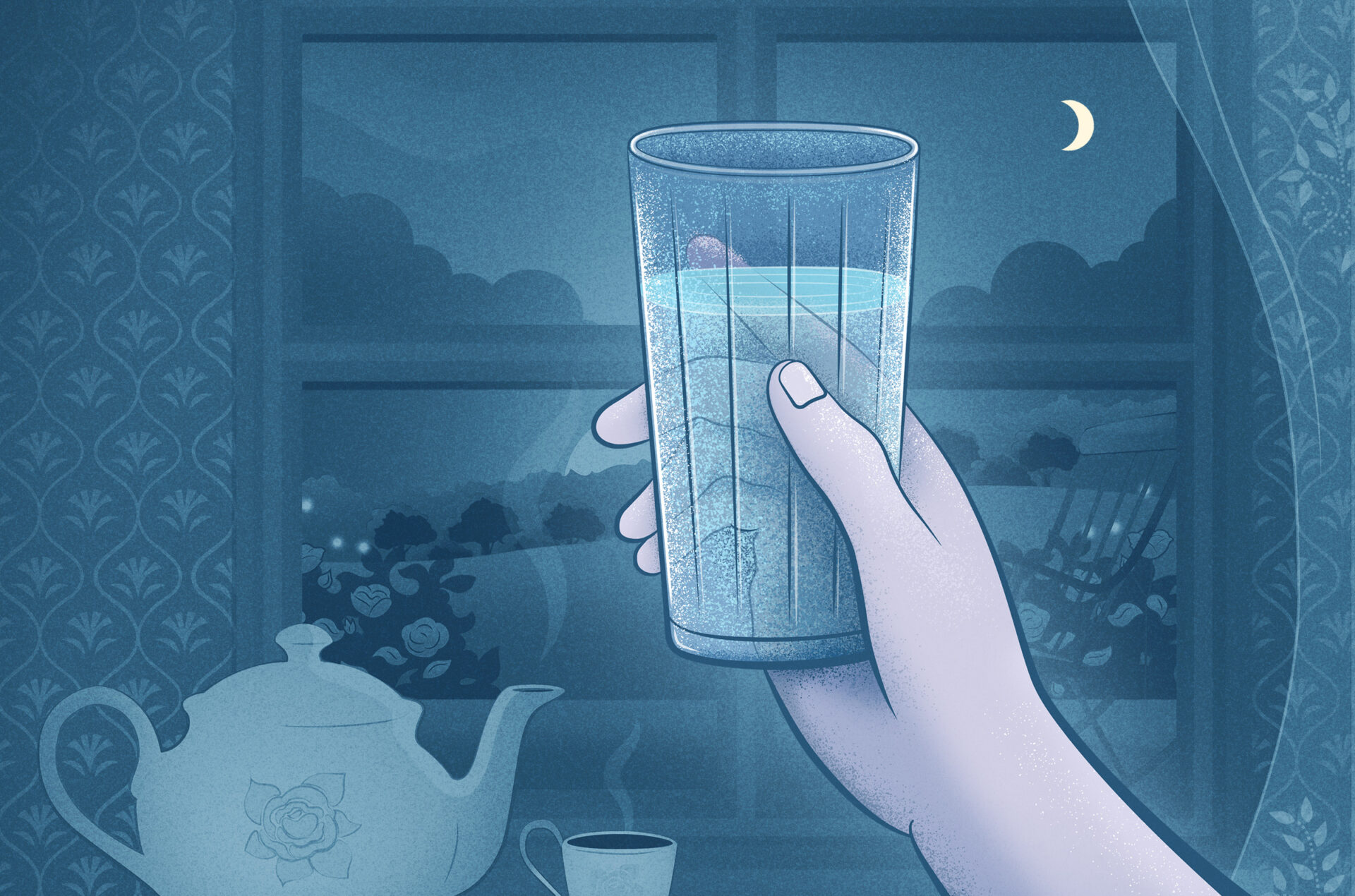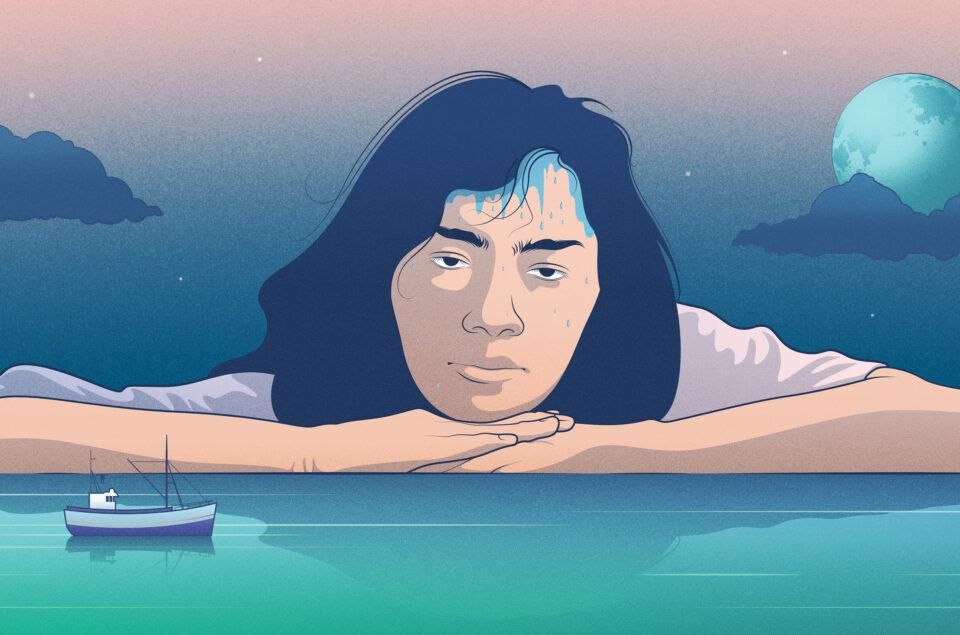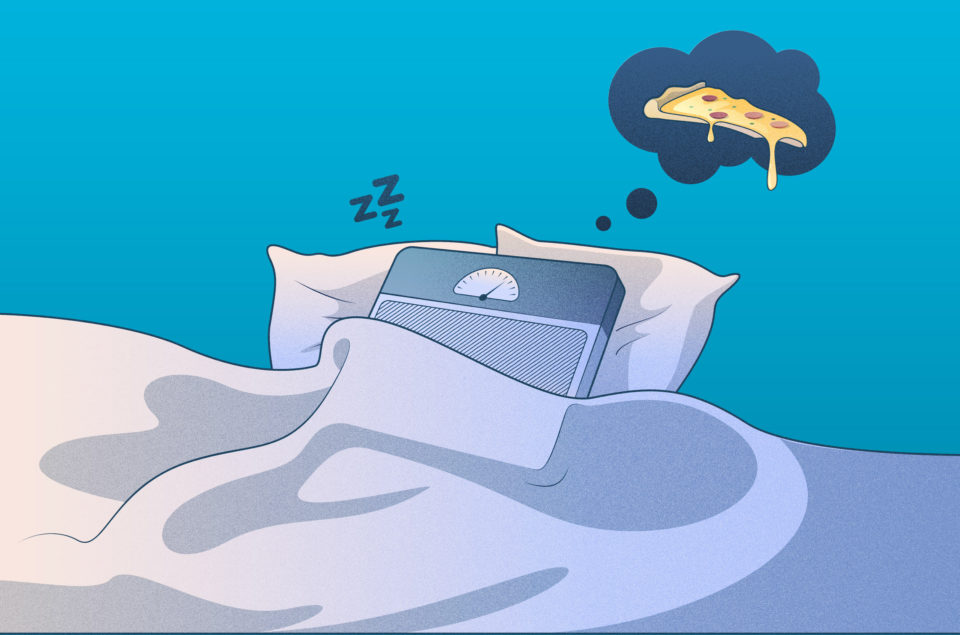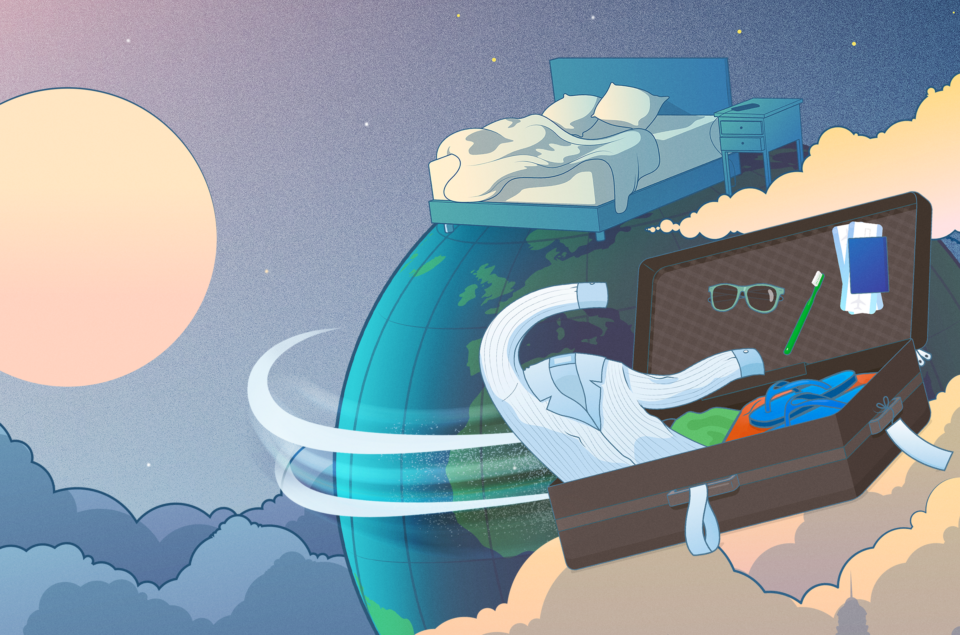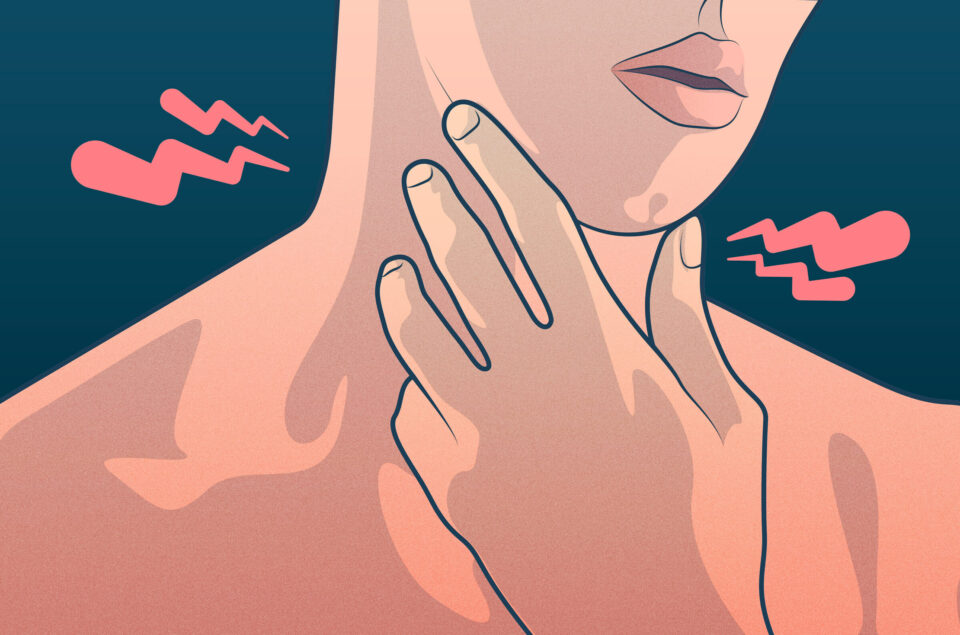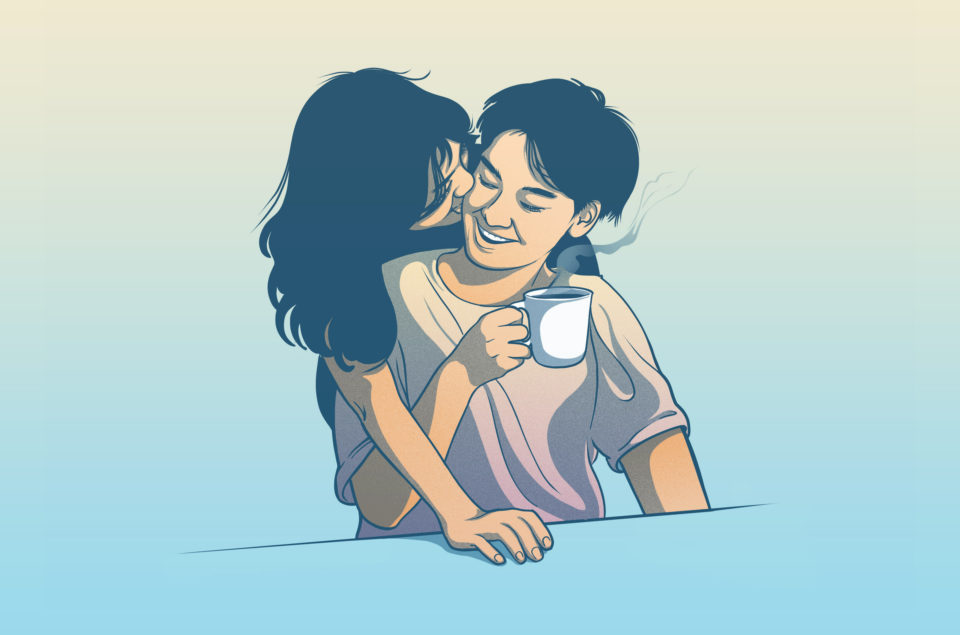Do you often find yourself needing a glass of water during the night? You’re not alone. Many individuals experience an increased sense of thirst during nighttime, which can disrupt their sleep and lead to tiredness during the day. Nighttime thirst can be a puzzling issue, and it’s important to understand the underlying causes to improve your sleep quality. In this article, we will delve into the different factors that contribute to nighttime thirst and provide effective strategies to manage it.
Understanding Thirst: The Importance of Hydration
Before we dive into the factors causing nighttime thirst, let’s briefly discuss the concept of thirst itself. As we all know, thirst is your body’s way of signaling that it needs hydration. Staying properly hydrated is essential for maintaining overall health and well-being. Our bodies depend on water to carry out numerous vital functions, such as regulating body temperature, lubricating joints, and transporting nutrients and oxygen to cells.
The optimal daily water requirement can differ from person to person. As a general guideline, it is often recommended to consume eight 8-ounce glasses of water per day. However, age and certain circumstances may influence your fluid intake. For instance, if you engage in rigorous exercise, work in hot environments, or have recently experienced significant fluid loss due to illness, it may be necessary to replenish your body with additional liquids to restore lost water and electrolytes.
Adequate hydration is particularly crucial during sleep, as our bodies undergo important processes of repair and restoration. However, experiencing intense thirst during the night could be an indication of an underlying issue.
Why Do I Get so Thirsty before Bed?
Before diving deep into why you may wake up many times throughout the night to reach that glass of water, let’s discuss why some people need to drink water before bed.
The reason you feel thirsty right before bedtime is due to a small region in your brain called the suprachiasmatic nucleus (SCN), which acts as a biological clock. Approximately 20% of the SCN is composed of neurons that produce a hormone known as arginine vasopressin (AVP). AVP, produced in the hypothalamus, plays a role in regulating your body’s fluid balance by reducing urine production when necessary, particularly during nighttime sleep.
In addition to this, AVP also triggers your body to crave more fluids. Scientific research has shown that the activity of AVP neurons increases right before bedtime, resulting in a sensation of thirst just before you drift off. A 2016 study concluded that this thirst prior to sleep serves as a proactive measure against potential fluid loss during nighttime sleep, as there is no actual need to hydrate before bedtime if you have already consumed sufficient fluids throughout the day.
Furthermore, your body has its own natural way of preventing dehydration during sleep, so there is no need to drink water before bedtime. This is all thanks to your biological clock, which continues to function even while you’re asleep.
Why are you so thirsty at night? Possible causes and remedies
Several factors can contribute to increased thirst during the nighttime hours. Understanding these factors can help you identify the potential causes and find appropriate remedies. Let’s explore them in detail:
1. Medical Conditions
Certain medical conditions can cause excessive thirst at night. Conditions like diabetes, hormonal imbalances (like the ones occurring during menopause), kidney problems or anemia can disrupt your body’s fluid balance, leading to increased thirst. If you suspect an underlying medical condition, it’s crucial to consult a healthcare professional for a proper diagnosis and treatment.
2. Lifestyle Factors
Your lifestyle habits can also impact your thirst levels at night. Consuming alcohol or caffeine close to bedtime can act as diuretics, increasing urine production and potentially causing dehydration. Smoking can also contribute to nighttime thirst, as it leads to a dry mouth. Evaluating your lifestyle choices can help you make adjustments to promote better hydration.
3. High sodium diet
Sodium, commonly found in processed foods and table salt, has a dehydrating effect on the body. When you consume excessive amounts of sodium, your body retains water to maintain balance, resulting in increased thirst. To reduce nighttime thirst related to a high-sodium diet, aim to limit your sodium intake by avoiding processed and packaged foods. Instead, a diet rich in fruits and vegetables can provide essential electrolytes and fluids to support hydration.
4. Certain medications
Some medications can also cause increased thirst as a side effect. For instance, medications used to treat high blood pressure, diabetes, certain psychiatric conditions or even some sleep disorders can lead to abnormal thirst. If you suspect that your medications are making you feel thirsty at night, consult your healthcare provider. They may be able to adjust your dosage or recommend alternative treatments.
5. Sleep disorders
Sleep disorders such as snoring or sleep apnea can cause nighttime thirst for a few reasons. Firstly, snoring and sleep apnea can lead to breathing difficulties during sleep. These conditions can cause intermittent pauses in breathing or shallow breathing, which can result in increased evaporation of moisture from the airways. This increased evaporation can lead to dryness in the mouth and throat, triggering a sensation of thirst.
Secondly, when someone experiences disrupted sleep due to snoring or sleep apnea, it can lead to increased arousal throughout the night. These frequent awakenings, even if brief and go unnoticed, can disrupt the normal regulation of body fluids. This disruption can stimulate thirst signals and result in feeling thirsty at night.
In addition, sleep apnea can also lead to increased production of urine during the night. This happens because interruptions in breathing can disturb the normal regulation of hormones, such as antidiuretic hormone (ADH), that control fluid balance in the body. The increased urine production can contribute to dehydration and subsequently trigger thirst.
If you have concerns about a potential sleep disorder such as snoring or sleep apnea, it is essential to seek guidance from a healthcare professional for an accurate diagnosis and appropriate treatment.
6. Dry air and heating systems
The environment in which you sleep can contribute to nighttime thirst. Dry air and heating systems, particularly during colder months, can lead to increased water loss through evaporation from your skin and respiratory system. This can result in a dry throat and mouth, triggering a thirst response.
To alleviate the effects of dry air, consider using a humidifier in your bedroom. This device adds moisture to the air, helping to prevent dehydration and relieve symptoms such as dry mouth and throat.
7. High bedroom temperature
When your bedroom temperature is high, our bodies tend to lose more moisture through sweating. Sweating is the body’s natural cooling mechanism, but it also leads to fluid loss. As a result, we can become dehydrated more quickly on hot nights, leading to an increased sensation of thirst.
Moreover, hot nights can disrupt our sleep patterns. When the temperature is uncomfortably warm, it can be difficult to fall asleep and stay asleep. The discomfort and restlessness caused by the heat can result in frequent awakenings throughout the night, interrupting our sleep cycle. These disruptions can stimulate thirst and make us feel the need to drink water during the night.
It is important to stay adequately hydrated during hot weather by drinking enough fluids throughout the day and having a glass of water nearby if needed. Additionally, using cooling methods such as fans or air conditioning can help maintain a comfortable sleep environment and reduce the risk of nighttime thirst.
Drinking Water before Bed: The Obvious Solution?
While it is essential to stay adequately hydrated throughout the day, drinking excessive amounts of water close to bedtime can also lead to extra awakenings during the night due to the need for toilet visits. This can result in fragmented sleep and difficulties returning to sleep and it can leave you feeling more tired than usual the following day, as you might not be able to meet the sleep that you need and your sleep quality might be poorer.
This excessive consumption of water before bed can negatively impact sleep in both the short and long term. In fact, the research emphasizes the detrimental effects of long-term sleep loss caused by nocturia (frequent nighttime awakenings to urinate) on overall well-being:
- Increased sleep disorders and heightened daytime fatigue
- Poorer mental health
- Linked to a greater risk of heart disease, diabetes or stroke
Moreover, research also suggests a close connection between insufficient sleep and an increased risk of dehydration. By getting fewer hours of sleep, you are more likely to miss out on the surge of the AVP hormone that occurs during your sleep cycle. This impairs your body’s ability to retain water, making you more susceptible to dehydration. Additionally, you are likely to experience more frequent awakenings to empty your bladder. In essence, it becomes a vicious cycle where sleep loss and dehydration exacerbate each other.
Instead, it is recommended to refrain from drinking water before bedtime and prioritize adequate sleep, which will contribute to your overall health and well-being, and hydration during the day.
Understanding Nighttime Thirst
Experiencing excessive thirst at night can stem from various factors and is often not a cause for significant concern. Prioritizing your hydration throughout the day and adopting healthy lifestyle habits can go a long way in managing your nighttime thirst. By taking proactive steps and making informed choices, you can improve your well-being and enjoy a more restful night’s sleep. However, if you are thirsty every single night, it is advisable to seek guidance from a healthcare professional for a comprehensive evaluation and to determine the underlying cause.
Summary FAQs
1. Why am I so thirsty at night when I drink enough water during the day?
Thirst at night can be attributed to various factors, including dehydration during the day, dry air, a high-sodium diet, certain medications and medical conditions, or sleep disorders. Evaluating these potential causes can help you determine the underlying reason for your nighttime thirst.
2. Is it normal to feel thirsty at night?
Feeling thirsty at night can be common, but excessive or persistent thirst may indicate an underlying issue that needs further investigation.
3. How can I reduce nighttime thirst?
You can reduce nighttime thirst by staying hydrated throughout the day, avoiding diuretic substances like caffeine or alcohol, adopting a balanced diet with limited sodium, and managing any medical conditions that may contribute to excessive thirst.
4. Should I drink water before bed to prevent nighttime thirst?
It’s generally recommended to drink water throughout the day to maintain hydration levels. However, drinking lots of water before bed can lead to fragmented sleep and daytime fatigue the next day due to the need for toilet visits during the night.
